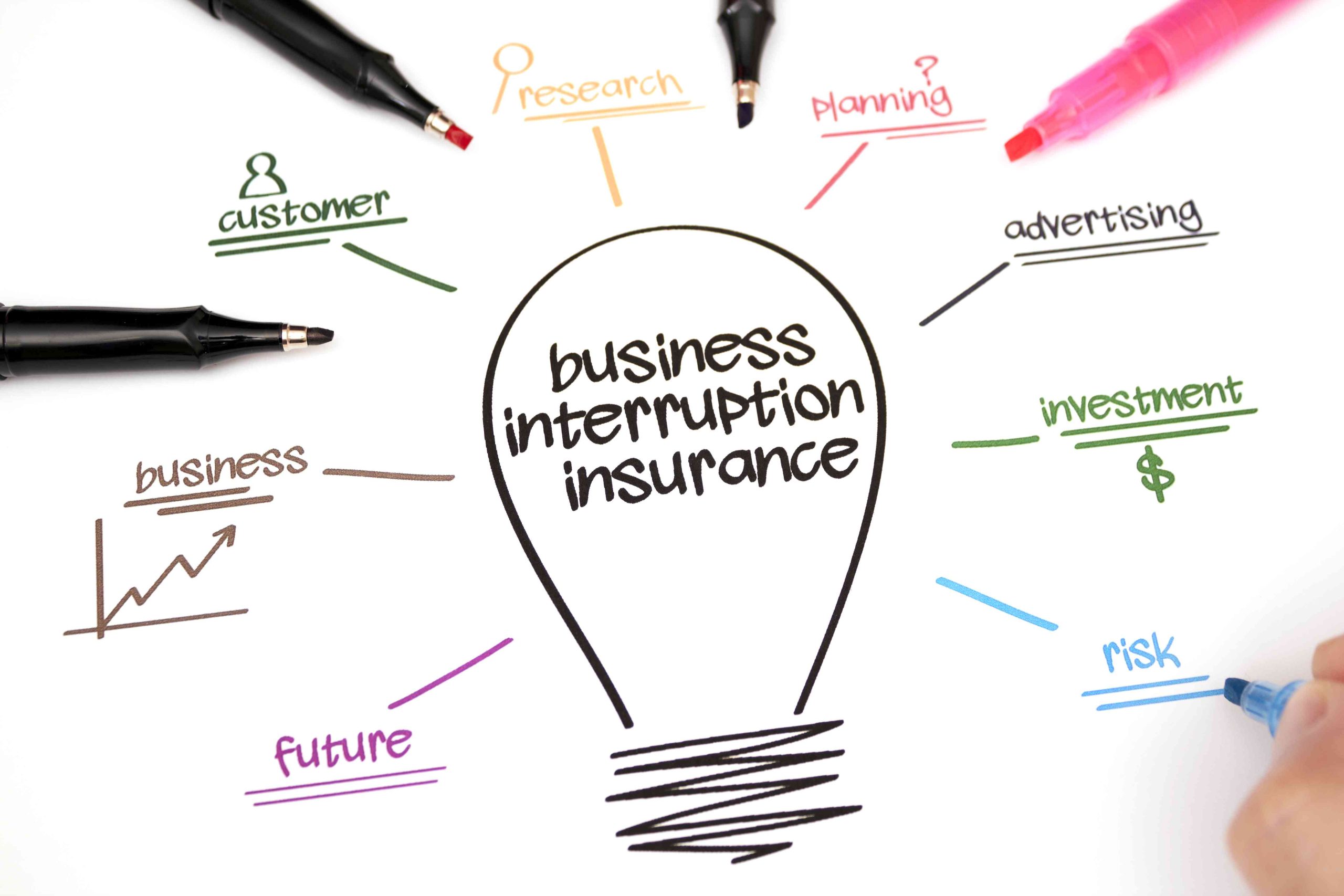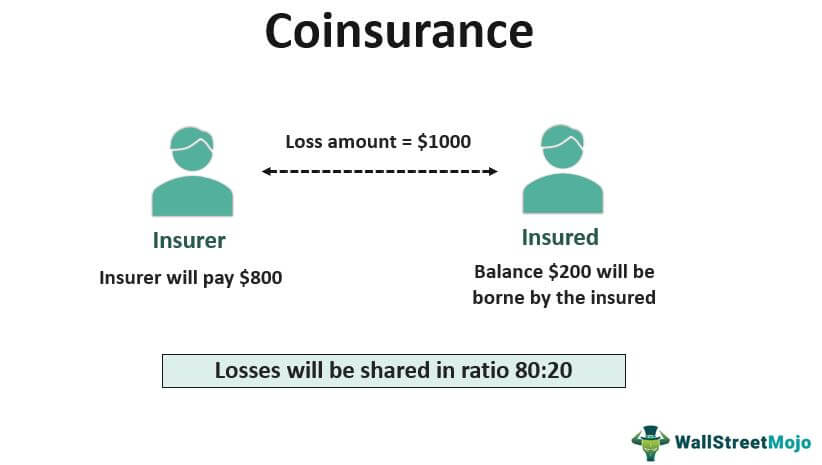Professional Liability Insurance for Businesses
I. Introduction
In the dynamic landscape of business, uncertainties are inevitable. Mishaps, mistakes, or misunderstandings can lead to legal actions that may pose a significant threat to the financial stability and reputation of a company. This is where Professional Liability Insurance comes into play, acting as a safeguard against potential liabilities that may arise from professional services.
A. Definition of Professional Liability Insurance
Professional Liability Insurance, often referred to as errors and omissions insurance, is a specialized coverage that protects businesses and individuals from financial loss due to negligence, errors, or omissions in the services provided.
B. Importance for Businesses
For businesses, the importance of having Professional Liability Insurance cannot be overstated. It provides a safety net that shields them from the financial repercussions of legal claims, ensuring that their operations can continue without significant disruptions.
II. Types of Professional Liability Insurance
A. Errors and Omissions Insurance
This type of coverage is tailored to protect professionals from claims of negligence or failure to perform their duties adequately. It’s particularly relevant for service-oriented businesses where mistakes can lead to financial loss for clients.
B. Malpractice Insurance
Commonly associated with healthcare professionals, malpractice insurance extends to various professions, offering protection against claims arising from alleged professional misconduct.
C. Directors and Officers Insurance
Directors and Officers Insurance safeguards the personal assets of company leaders against lawsuits that may arise from decisions made while managing the business.
III. Who Needs Professional Liability Insurance?
A. Small Businesses
Small businesses, especially those in service industries, benefit significantly from Professional Liability Insurance. It’s a crucial layer of protection that can prevent legal issues from turning into financial crises.
B. Freelancers and Consultants
Individuals offering professional services independently should also consider this insurance. It acts as a safety net for sole proprietors and freelancers against potential legal actions.
C. Large Corporations
Even large corporations are not immune to professional liability risks. Investing in comprehensive coverage is a proactive step to mitigate potential legal and financial consequences.
IV. Coverage and Limits
A. Understanding Coverage
Before selecting a policy, it’s essential to understand what is covered. Policies can vary, so businesses need to ensure that the coverage aligns with their specific risks and industry standards.
B. Determining Adequate Limits
Determining the right coverage limits is crucial. Insufficient coverage can leave a business vulnerable, while excessive coverage may lead to unnecessary expenses.
V. Cost Factors
A. Industry-Specific Rates
Different industries have different risk profiles. Understanding industry-specific rates helps businesses gauge the expected cost of coverage.
B. Business Size
The size of a business often influences the premium. Larger businesses may pay more due to increased exposure to potential claims.
C. Claims History
A business’s claims history also affects premium rates. A clean claims record can lead to lower premiums.
VI. How to Choose the Right Policy
A. Assessing Business Risks
A thorough assessment of potential risks is the foundation for choosing the right policy. Identifying specific risks unique to the business ensures adequate coverage.
B. Comparing Policies
Not all Professional Liability Insurance policies are created equal. Businesses should compare policies, considering coverage details, limits, and premium costs.
C. Seeking Professional Advice
Navigating the insurance landscape can be complex. Seeking advice from insurance professionals ensures that businesses make informed decisions based on their unique needs.
VII. Benefits of Professional Liability Insurance
A. Legal Protection
In the litigious business environment, legal protection is paramount. Professional Liability Insurance provides the necessary resources to mount a defense against claims, ensuring a fair legal process.
B. Financial Security
The financial burden of legal actions can be overwhelming. Professional Liability Insurance offers financial security, covering legal fees, settlements, and other associated costs.
C. Reputation Management
Maintaining a positive reputation is crucial for business success. Professional Liability Insurance helps businesses weather legal storms without significant damage to their reputation.
VIII. Real-Life Examples
A. Case Studies of Businesses Saved by Professional Liability Insurance
Examining real-life examples of businesses that have benefited from Professional Liability Insurance highlights the tangible impact of having adequate coverage.
B. Lessons Learned
Analyzing case studies provides valuable lessons for businesses, emphasizing the importance of proactive risk management.
IX. Common Misconceptions
A. All Businesses Are Covered
Contrary to popular belief, not all businesses are automatically covered by general liability insurance. Professional Liability Insurance is a specialized coverage that needs separate consideration.
B. General Liability Is Enough
While general liability insurance provides broad coverage, it may not be sufficient for businesses providing professional services. Professional Liability Insurance addresses specific risks related to professional conduct.
C. It’s Too Expensive
The cost of Professional Liability Insurance is an investment in the long-term security of a business. The potential financial consequences of a lawsuit far outweigh the premium costs.
X. How to File a Claim
A. Understanding the Process
Filing a claim can be a daunting process. Understanding the steps involved ensures a smoother experience during a challenging time.
B. Documenting Incidents
Thorough documentation of incidents is crucial for a successful claim. Businesses should keep detailed records to support their case.
C. Working with Insurers
Collaborating with insurers during the claims process is essential. Open communication and cooperation facilitate a faster resolution.
XI. Trends in Professional Liability Insurance
A. Technological Advancements
Advancements in technology are influencing the landscape of Professional Liability Insurance, with innovative solutions emerging to address new risks.
B. Evolving Legal Landscape
Changes in the legal environment impact the nature of professional liability claims. Staying informed about legal developments is key for businesses to adapt their coverage accordingly.
XII. Tips for Lowering Premiums
A. Risk Management Strategies
Implementing effective risk management strategies can contribute to lowering premiums over time.
B. Training and Certification Programs
Participating in industry-specific training and certification programs can signal to insurers that a business is committed to reducing risks.
XIII. Case Studies
A. Successful Business Stories
Highlighting success stories of businesses with robust Professional Liability Insurance showcases the positive outcomes that can result from proactive risk management.
B. Challenges Faced Without Professional Liability Insurance
Examining challenges faced by businesses without this insurance underscores the potential consequences of being unprotected.
XIV. Future Outlook
A. Emerging Trends in Coverage
The landscape of Professional Liability Insurance is dynamic, with emerging trends shaping the future of coverage options.
B. Potential Changes in Regulations
Anticipating potential changes in regulations is crucial for businesses to adapt their coverage and remain compliant.
XV. Conclusion
In conclusion, Professional Liability Insurance is a vital component of a comprehensive risk management strategy for businesses. It provides not only financial protection but also peace of mind, allowing businesses to focus on their core operations without the constant fear of legal repercussions.
FAQs
- Is Professional Liability Insurance necessary for small businesses? Yes, it is crucial for small businesses, especially those providing professional services, to protect themselves from potential legal claims.
- Can general liability insurance replace Professional Liability Insurance? No, general liability insurance provides broad coverage but may not address specific risks related to professional services.
- How can businesses lower their Professional Liability Insurance premiums? Implementing effective risk management strategies and participating in relevant training programs can contribute to lower premiums.
- What are the potential consequences of not having Professional Liability Insurance? Businesses without this insurance may face significant financial burdens, damage to their reputation, and legal challenges.
- How often should businesses reassess their Professional Liability Insurance coverage? Businesses should reassess their coverage annually or whenever there are significant changes in their operations or industry regulations.


